Table of Contents
Have you ever fallen into the trap of thinking one e-commerce platform fits all? Let’s bust that myth right now. Welcome to a journey where we debunk the one-size-fits-all approach to e-commerce platforms. Whether you’re running a thriving startup or steering a large enterprise, your business deserves a platform that’s just as unique as your brand. In this blog post, you’re going to discover a curated list of the top 20 e-commerce platforms, each handpicked for different business sizes and types.
Expect to dive into detailed comparisons, gain insights from industry experts, and read success stories that will not only inform but also inspire your choice in the e-commerce realm. So buckle up and prepare to explore the world of online selling platforms like you’ve never seen it before!
1. Why Small Businesses Love Shopify

For small businesses, Shopify emerges as a preferred e-commerce platform. It’s incredibly straightforward for beginners to craft an appealing online store. Businesses appreciate the diverse array of customizable templates, easy integration with various payment gateways, and dependable customer service. The platform’s ability to grow with your business is a key advantage. Plus, Shopify’s extensive app store broadens its functionality, underscoring its popularity among smaller enterprises.
2. Magento and WooCommerce: Which Suits Larger Stores Better?
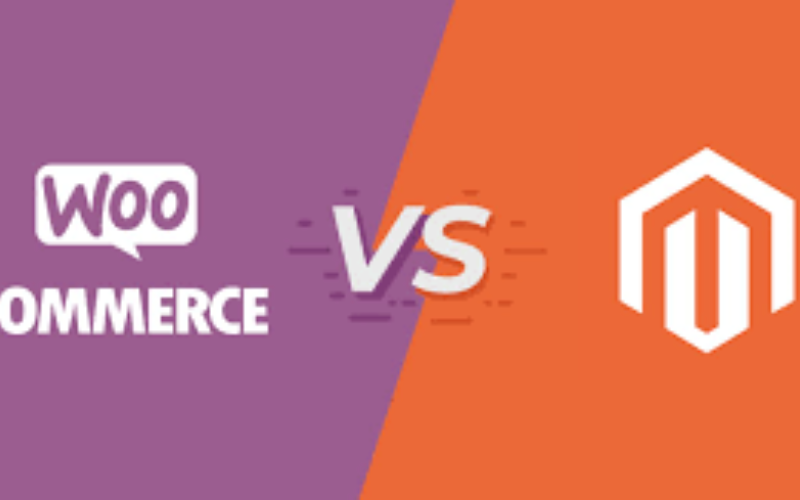
When it comes to e-commerce solutions for bigger stores, Magento and WooCommerce frequently come into discussion. Magento excels with its advanced features and extensive customizability, fitting for stores with a large volume of transactions and complex requirements. Conversely, WooCommerce, an extension of WordPress, offers a more approachable interface and cost-efficiency. While Magento demands more technical know-how, WooCommerce is more accessible for those with a basic understanding of web development, making the choice a matter of specific business needs and resources.
3. Top E-commerce Picks for Creative Artists
Artists looking to display and sell their creations online often seek e-commerce solutions that highlight visual aesthetics and simplicity. Platforms like Big Cartel and Etsy cater specifically to artists, offering straightforward tools to build attractive online stores. They foster a community-centric atmosphere, beneficial for emerging artists. Features such as minimal transaction fees, easy inventory management, and social media integration make these platforms appealing for artists eager to reach a wider audience.
RECOMMENDED:
Amidst discussing e-commerce solutions for every business size and type, it’s worth highlighting Passive Income Blueprint, a $12K A Month Passive Income Blueprint 5-Day Workshop. This resource aligns with digital marketing goals, offering practical tips for sustainable business growth. By integrating these passive income strategies with your SEO efforts, you create a powerful synergy, enhancing your online earning potential while climbing search engine ranks. Passive Income Blueprint is an invaluable addition to any digital marketer’s toolkit.
4. Budget-Friendly E-commerce Options for Startups

Startups often operate within limited budgets, requiring cost-effective e-commerce solutions. Platforms like WooCommerce, PrestaShop, and Weebly offer affordable choices without sacrificing essential features. These platforms allow startups the flexibility to craft a unique online presence, incorporate various payment options, and basic search engine optimization tools for increased visibility. Their affordability and user-friendliness make them ideal for startups venturing into the online marketplace.
5. E-commerce Platforms Excelling in SEO

Search engine optimization is vital for online stores, and certain e-commerce platforms shine in this regard. Shopify and BigCommerce, for example, offer strong SEO features, including adjustable headlines, titles, and meta descriptions. They also support SEO-friendly URL structures and seamless integration with Google Analytics. These functionalities are crucial in optimizing your online store for search engines, leading to higher visibility and organic traffic growth.
6. Selecting the Right E-commerce Platform
Choosing the ideal e-commerce platform requires evaluating various factors such as budget, technical expertise, scalability, and specific business needs. Determine the essential features for your business, like payment processing options, integration capabilities, and SEO tools. Research and compare platforms like Shopify, Magento, and WooCommerce to find the one that best aligns with your business strategy. The chosen platform should not only fulfill current needs but also accommodate future business growth.
7. Leading E-commerce Solutions for Dropshipping
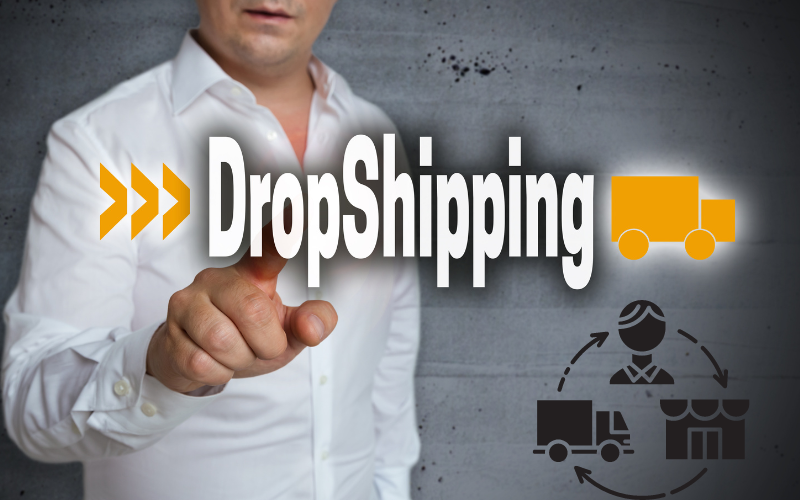
For dropshipping businesses, e-commerce platforms that effortlessly integrate with suppliers and efficiently manage inventory are essential. Platforms like Shopify and Oberlo excel in dropshipping, offering features like automatic inventory updates, multiple supplier integrations, and straightforward product import. Additionally, these platforms provide extensive resources and community support, making them prime choices for entrepreneurs exploring the dropshipping business model.
8. What Makes BigCommerce Ideal for Online Retail
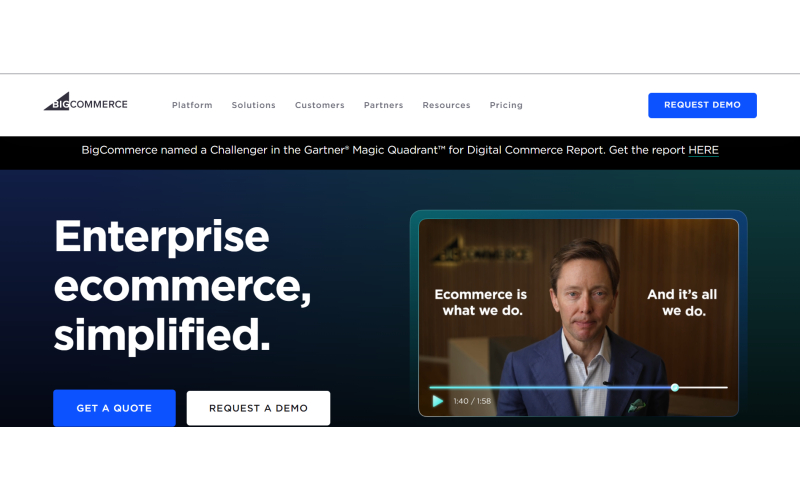
BigCommerce stands out with its comprehensive features tailored for online retail. The platform supports selling across multiple channels, integrates with various payment gateways, and boasts advanced security features. Its scalability suits both small and large businesses. Moreover, BigCommerce offers a range of customizable templates and powerful analytics tools, aiding businesses in optimizing their online store and enhancing customer experiences.
9. Tips for Customizing Your E-commerce Platform

Differentiating your e-commerce platform in the digital marketplace is crucial. Opt for a platform offering a variety of customizable templates, like Shopify or Wix. Use these templates to mirror your brand’s identity. Focus on crafting an intuitive user interface and ensure your site is responsive on mobile devices. Keep your site updated with fresh content and products, and consider adding plugins that improve functionality and user experience.
10. Evaluating Wix E-commerce for Small Online Stores
Wix E-commerce is a notable option for small online stores, thanks to its simplicity and comprehensive features. The platform provides a drag-and-drop builder, enabling the design of a professional store without needing extensive technical skills. It includes various templates, secure payment methods, and effective SEO tools. Wix’s reasonably priced plans and straightforward interface make it a favored choice among small business owners looking to quickly establish an online presence.
11. The Importance of Scalability in E-commerce Platforms
In selecting an e-commerce platform, scalability is a vital consideration. Platforms like Shopify and BigCommerce are celebrated for their ability to adapt to your business’s growth. They offer plans accommodating increasing product lines, higher traffic, and market expansion. Unlimited products, bandwidth, and advanced analytics are key features that help businesses evolve without the need for switching platforms.
12. Merging Social Media with Your E-commerce Platform

Blending social media with your e-commerce platform can significantly enhance your online presence and sales. Platforms like Shopify and Magento facilitate easy integration with social networks, enabling direct selling on platforms like Facebook and Instagram. This integration creates a seamless customer journey from discovery to purchase and helps tap into the vast audience on social media.
13. E-commerce Platforms Offering Outstanding Mobile Experiences
With mobile shopping’s rising popularity, e-commerce platforms need to provide an exceptional mobile experience. Platforms like Shopify and WooCommerce offer responsive themes that adjust to various screen sizes. Features crucial for attracting mobile shoppers include mobile-optimized checkouts, quick load times, and straightforward navigation. Ensuring your online store is mobile-friendly is key to accessing a wider customer base in today’s mobile-centric world.
14. E-commerce Solutions for Worldwide Selling
Businesses aiming for a global reach should consider e-commerce platforms like Shopify and BigCommerce. They support multiple currencies and languages, simplifying the process for international customers. Global shipping, local payment gateways, and regional tax configurations are vital for international commerce. These platforms also offer SEO tools to effectively target global markets.
15. Security Considerations in Leading E-commerce Platforms
In e-commerce, ensuring security is paramount to protect both business and customer data. Leading platforms like Magento and Shopify provide strong security measures, including SSL certificates, secure payment gateways, and frequent security updates. Adhering to PCI DSS standards, they ensure safe and secure transactions. Opting for a platform with robust security features is crucial for building customer trust and protecting your online business.
16. User Interface Excellence in E-commerce Platforms
A platform’s user interface is instrumental in delivering a smooth shopping experience. Platforms like Wix and Squarespace are known for their intuitive design interfaces, simplifying the process for business owners to manage their online stores. They offer drag-and-drop builders, easy navigation, and clear, responsive designs, ensuring a positive browsing and shopping experience for customers.
17. Squarespace: A Creative’s E-commerce Dream
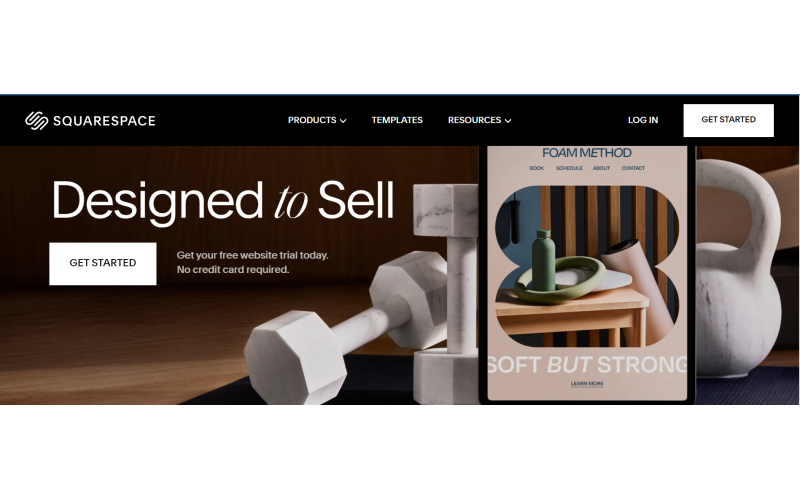
Squarespace is favored by creatives for its visually stunning templates and sophisticated design options. It’s perfect for showcasing and selling artistic products with beautiful galleries and portfolio features. The platform also enables easy integration with social media, allowing creatives to engage with their audience and effectively market their products. Squarespace’s user-friendly interface and robust e-commerce tools make it a top pick for artists, photographers, and designers.
18. Ideal E-commerce Platforms for Digital Goods
Selling digital goods demands specific platform features. Platforms like Shopify and SendOwl specialize in functionalities for digital products, such as secure delivery, licensing, and download management. They facilitate setting up subscriptions, memberships, and digital downloads, perfectly catering to businesses selling software, courses, eBooks, and other digital items.
19. E-commerce Platforms Enhanced by AI
Artificial intelligence in e-commerce platforms is revolutionizing the shopping experience. Platforms incorporating AI, such as Shopify and Magento, offer personalized shopping experiences, predictive analytics, and chatbots for enhanced customer service. These AI-powered features assist in understanding customer preferences, optimizing inventory, and providing personalized recommendations, boosting customer satisfaction and business efficiency.
20. Eco-Conscious E-commerce Platforms
As sustainability gains importance in e-commerce, platforms that support eco-friendly practices are emerging. Platforms like EcoCart and Shopify provide features like carbon-neutral shipping and sustainable packaging options. They enable businesses to demonstrate their commitment to environmental conservation and appeal to eco-conscious consumers. Selecting a platform that encourages sustainable practices benefits the planet and aligns with the values of an increasingly environmentally aware consumer base.
Conclusion
As we come to the end of our deep dive into the diverse world of e-commerce platforms 🌍, one thing stands out: the ‘one-size-fits-all’ concept simply doesn’t apply. Whether your journey is just beginning with a fledgling startup 🐣 or you’re navigating the complexities of a well-established enterprise 🏭, the right platform is out there, waiting to meet your specific needs.
Our journey through these 20 platforms has shown us the vast array of options available, each with its own set of strengths and quirks. The secret sauce? It’s all about matching your business’s ambitions 🎯 and growth trajectory with the features and scalability of your chosen platform. From easy-to-use setups for the e-commerce novices to sophisticated, tailor-made solutions for the tech-savvy, these



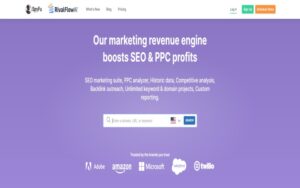


Pingback: Top 5 Online Business Models You Can Start Today to Replace Your 9-5 Income - Online Money Trendz
Pingback: Top affiliate networks for high-paying commissions: Maximizing earnings in 2024 - Online Money Trendz
Pingback: Top 10 Tools for Starting a Profitable Online Business: Essential Resources for Entrepreneurs - Online Money Trendz